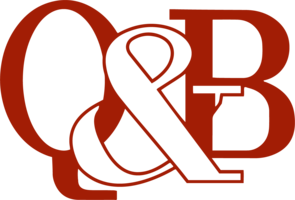Introduction
Quaker Methods for Decision Making
The use of silence
Conduct of business meetings
Meeting for clearness
Quaker Testimonies
1. Honesty and integrity
2. Simplicity
3. Equality
4. Peace
Conduct of Business
5. Business and profit
6. Uncertainty and risk
7. Responsibilities of directors and managers
8. Obligation to shareholders and investors
9. Ethical trade
10. Environmental responsibility
11. Health and safety
12. Quality and safety of products and services
13. Advertising and promotion
Money Matters
14. Investments
15. Prompt payment
16. Financial accounts
17. Taxes
18. Remuneration
19. Gifts and donations
Working with People
20. Responsibility of employers to employees
21. Responsibility of employees to an employer
22. Customers
23. Suppliers
24. Competitors
25. Caring for oneself
The Community
26. Local community
27. Government
28. Trade Unions
29. Pressure groups
Unethical Business Practices
30. Gambling and speculation
31. Corrupt practices
32. Whistle blowing
Balancing Vision with Practice
33. Leadership and decision making
34. Management
35. Monitoring, awareness and audits
36. Confidentiality
37. Intellectual property
Technology
38. Privacy
39. Automation
40. Providing Open Freely Shareable Content
41. Accessibility
42. Security
43. Work / Life Balance
